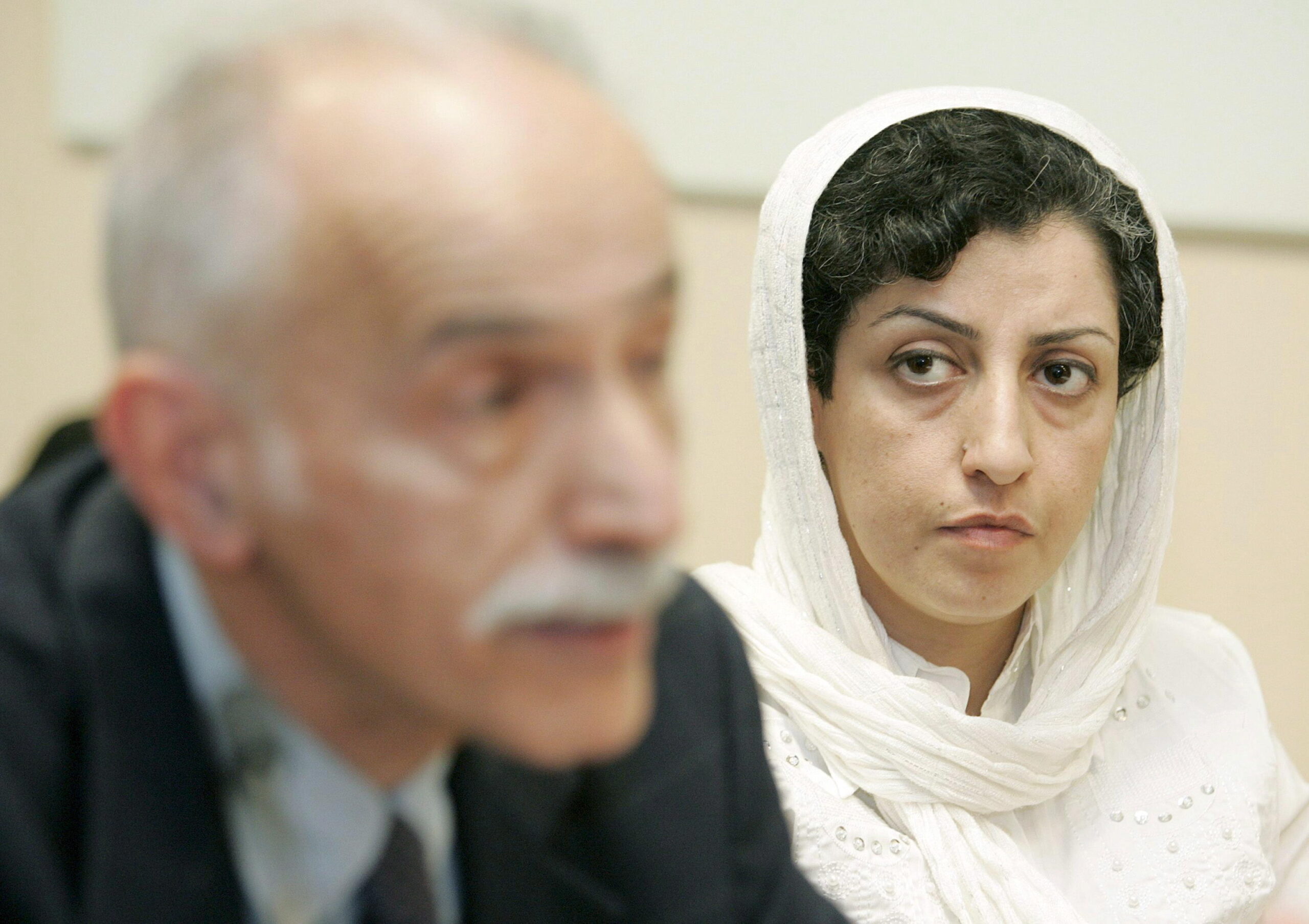Narges Mohammadi’s health is in danger. Iranian prison authorities have blocked the transfer of the Nobel Peace Prize laureate, who remains detained in Tehran’s Evin Prison on charges of “spreading anti-state propaganda,” due to her refusal to wear the hijab.Hijab. The Vice President of the Human Rights Defense Center, who has always stood by Iranian women and against the regime’s persecution of them, suffers from heart and lung problems. The family wrote in a statement: “The prison director said that, based on the orders of the higher authorities, it is forbidden to transfer to the hospital without a hijab, and for this reason it was cancelled.” Earlier this week, a medical team went to the women’s ward of the prison where she is being held to assess her health condition and perform an echocardiogram. A CT scan showed – according to relatives – the presence of serious blockages in the veins and high pulmonary pressure, which requires coronary angiography and lung examination. News of another human rights violation by Iranian authorities comes on the day Iran assumes the presidency of the UN Human Rights Council’s Social Forum in Geneva. The selection, which took place last May, with the complicity of all regional groups in the United Nations, sparked protests among activists and on the international scene.
Since the death of Mahsa Amini in September 2022, the Tehran authorities have intensified their repression of opponents of the regime. “Smart” cameras to “monitor and punish” revealing women and protesters imprisoned on fake charges. Armita Giravand, the 16-year-old girl who ended up in a coma on October 1 after being beaten by officers for not wearing a hijab on the D.C. subway, has died. At his funeral, Iranian activist Nasrin Sotoudeh was beaten and arrested because she “was not wearing the hijab.”Hijab». Elahmohammadi and Niloufar Hamidi, the journalists who reported on Amini’s case, were sentenced to seven and six years in prison on charges of, among other charges, collaborating with the US government. But not only that: at least 78 prisoners were executed in October. Two, the NGO Henjaw said yesterday: Yadollah Faroukhi and Afghan national Sadiq Tajik are in Qizil Hisar prison in Karaj, the largest government prison in the Islamic Republic. “At the time of writing this report, there has been no official announcement of the execution of these two prisoners in government-permitted media, especially those allied with the judiciary,” the organization wrote. Since the beginning of the year, according to the latest data from Human rights in IranThere have been approximately 596 executions, nearly eight thousand, since 2010. “The death penalty is used to create fear in society and prevent new protests,” says Mahmoud Amiri Moghaddam, director of the International Institute for Human Rights. For all this, the appointment of Ali Bahraini, Ambassador and Permanent Representative of the Islamic Republic of Iran to the United Nations, as Chairman of the Human Rights Forum represents for many a “bitter cynicism,” as Hay, Ghaemi’s director, wrote on social media. Center for Human Rights in Iran.
Read also:

“Infuriatingly humble analyst. Bacon maven. Proud food specialist. Certified reader. Avid writer. Zombie advocate. Incurable problem solver.”



